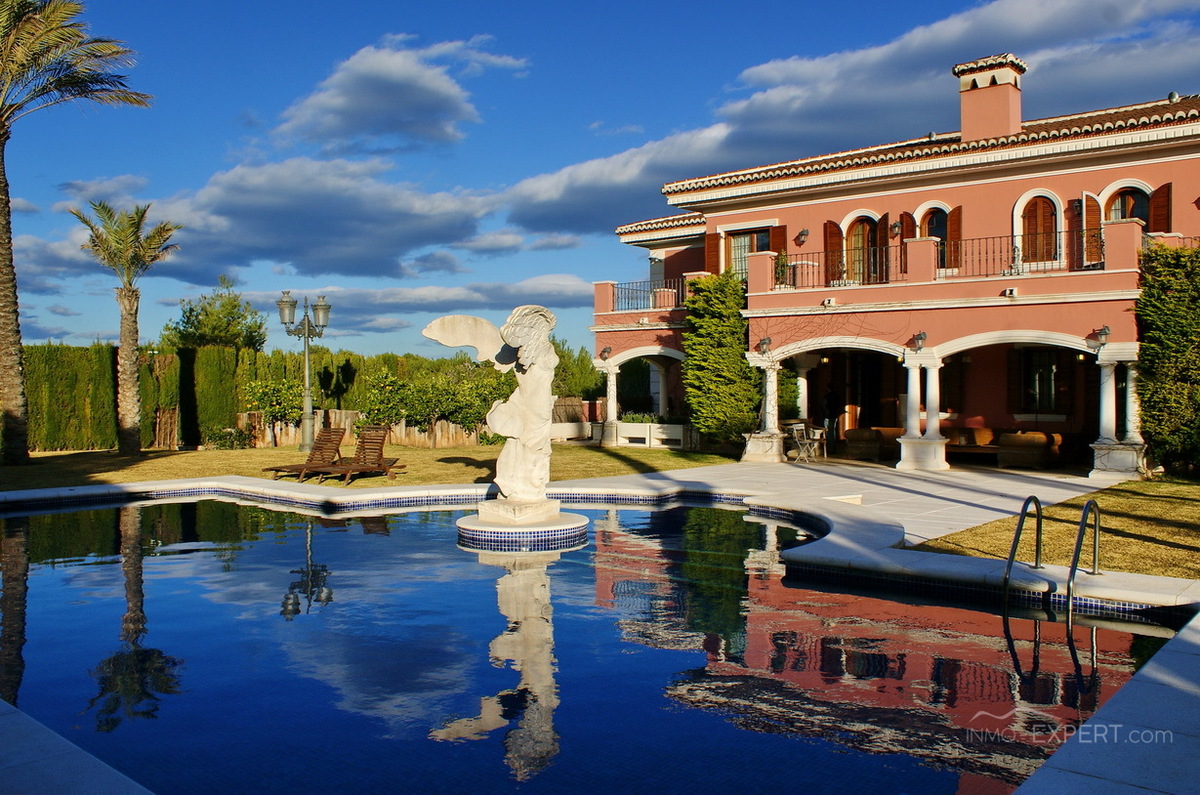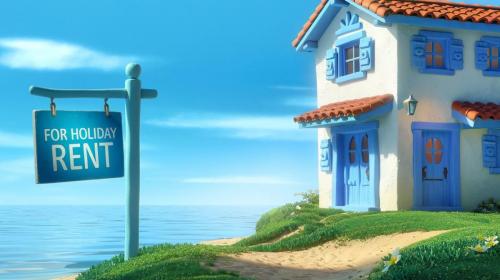How to choose the right house in Spain?
Buying a property abroad is a substancial and difficult step for everyone. Entrepreneurs see buying a property in Spain as a good investment, because property prices are rising in cities like Barcelona or Valencia. However the majority of people want to buy a house in Spain for a pleasant overseas holiday at any time of the year, where the small resort towns, like Denia and Javea on the Costa Blanca will be the best choice. If you are a fan of the big city life, then look for your new home in Valencia and Barcelona. Do you prefer smaller cities? Then your preference would be Alicante and Benidorm.
There ase so many beautiful places in Spain and, once you find yours, the next question would be which exact property to choose? A villa, an apartment, or maybe a bungalow?
Apartments
The apartments in Spain are located within urbanizations or residential complexes. These urbanizations or complexes have large outdoor areas equipped with a communal garden, swimming pools, rest areas, children's play areas, barbecue area... Some also have sports equipment such as paddle or tennis courts, gym area, concierge service or sauna and heated pool. There are also high standing apartments that have their own small pool. These apartments are located on the top floor of the building, which is known as penthouses. The difference between an apartment and a flat is fundamentally that the flats are in buildings (usually located in the center of the city) that have no outdoor areas, so you can not enjoy garden or pool areas.
Spanish bungalows
The main difference between a bungalow and an apartment is the number of floors building has. Bungalows are buildings that do not exceed the height of 2 floors. You can occupy the whole house or have an apartment on one of the floors. Bungalows are very cozy, small and quiet. Usually located in urbanizations with few owners who share swimmimg pool and garden.
Townhouses
Townhouses are houses with their entrance and independent plot within a closed and private urbanization. They can be of one, two or three floors. The general rule is that the pool is shared and that each house has its own private garden, but there are also townhouses that have their own private pool. They offer more varied living spaces than apartments do, but are more manageable than villas. They can offer a good mix of space, privacy, outside areas and communal facilities, whilst being easier and cheaper to administer than larger, detached properties. Given the communal aspect of semidetached properties they also offer greater security and facilitate access to a residential community.
Villas and Chalets
Chalet refers to a Spanish villa built on a big piece of land ranging from 400 to 3000 squared metres. Traditionally chalets were built with one floor, but modernly built chalets have two or even three floors. Many have swimming pools in the garden, fruit orchads, shady areas... It is quite common for Spanish people to have a flat in the busy city or town where they live and work, and then to have a chalet or villa in the country or on the coast, where they go for weekends and school holidays. Status wise and the most comfortable type of real estate in Spain. The price depends on the size of the house, the land and the distance from the coast. Living in a villa by the sea with its own pool and incredible views is everyone's dream. Here, in Spain, buying a villa on the beach can be quite real! And most importantly, there is plenty of villas to choose from.
Lands
If you plan to do a construction project, the ideal choice will be the purchase of a plot of land. The price depends on the size of the land, its quality and location. Prices gradually decrease with distance from cities, resort areas and the coast line. When buying lands in Spain make sure you are shown a document certifying what the land can be used for. Some people buy plots of land in Spain planning to build a house on it, and are dismayed when they find out after the sale, that the plot is part of an area which is "protected land" where any kind of development is forbidden.
What you need to know about real estate in Spain:
Firstly, do not only focus only on trying to find a comfortable home in big cities, there are so many amazing places in Spain! Moreover, prices in big cities tend to be higher due to high turistic demand. And...thanks to touirists the beaches there are often overcrowded and quite dirty.
Secondly, think twice when bying real estate on the first line. It has its advantages, beautiful view, morning and evening coolness, light and relaxing sea noise. But there could be a lot of disadvantages as well, like high humidity and the close distance of the beach that, if sandy, guarantees you a permanent presence of sand in all the most unexpected places in your house. Take a close look at the surroundins: the quality of water, the level of the sea and the amount of vegetation around. Ask experts which areas are the best to buy properties on the first line. For exmaple there are some parts of the coast where humidity is so low that its not noticable like Las Rotas in Dénia or Balcón al Mar in Jávea.
More details about the property taxes are described in the article: Real estate maintenance in Spain.
Also the information about how to apply for a residence permit can be found in the article: The residence permit for British nationals.
It is very important to understand that buying a property in another country is a substancial step. Thinking about buying a property, but still not sure? Do not know which region and type of property to choose? Book free consultation and we will help you find your dream place on the meditteranean coast of Spain.

